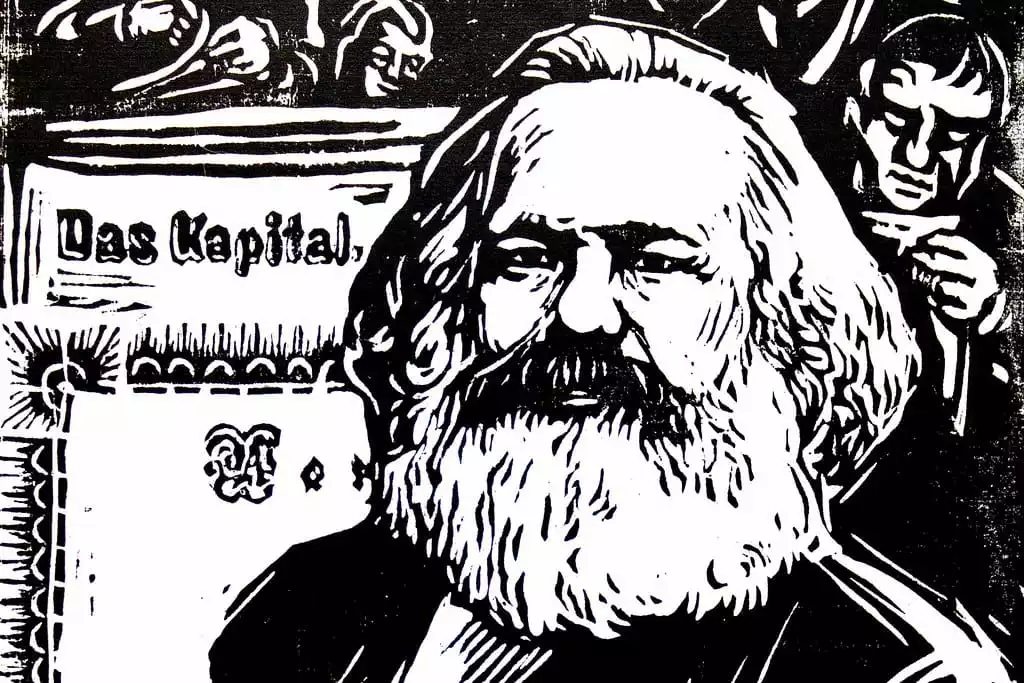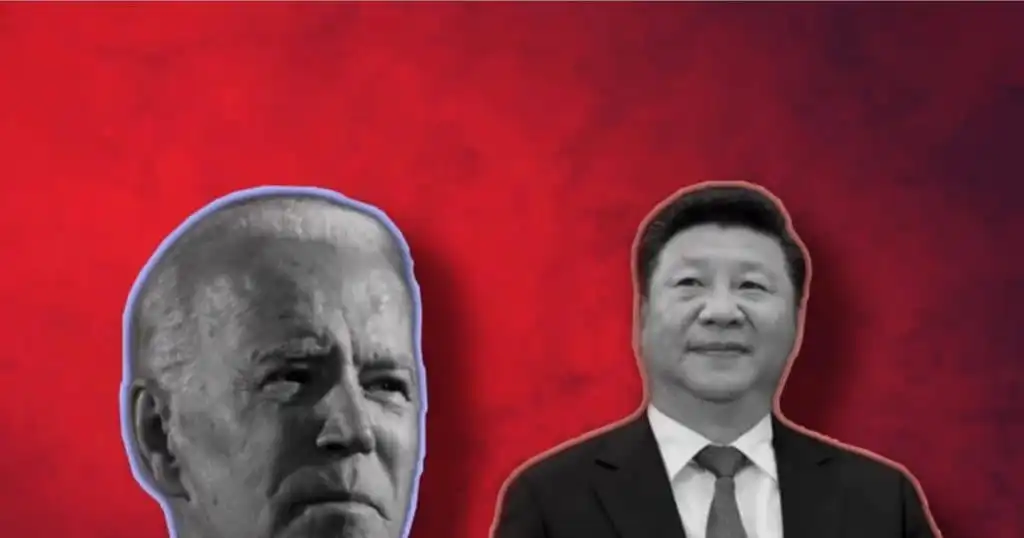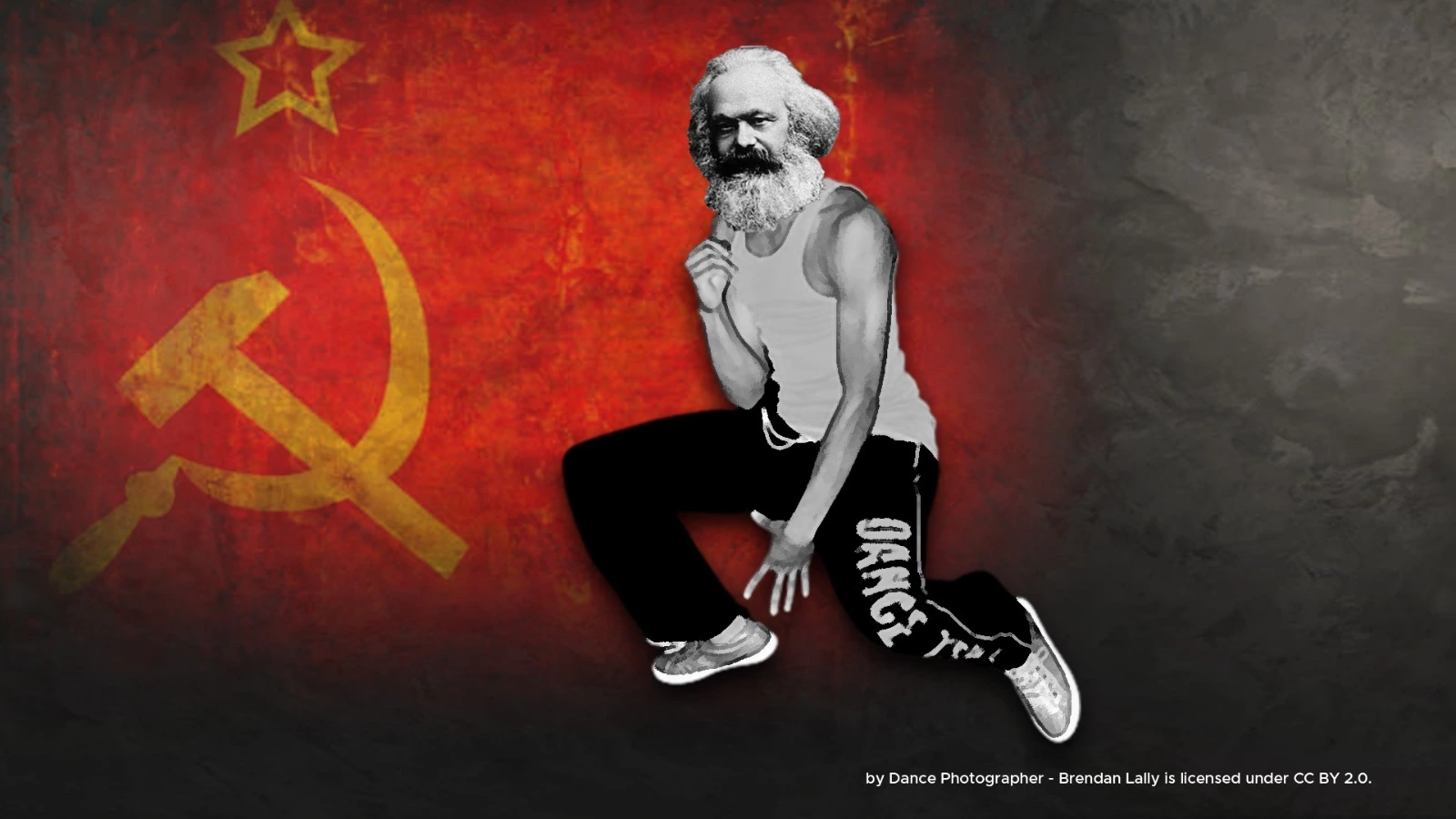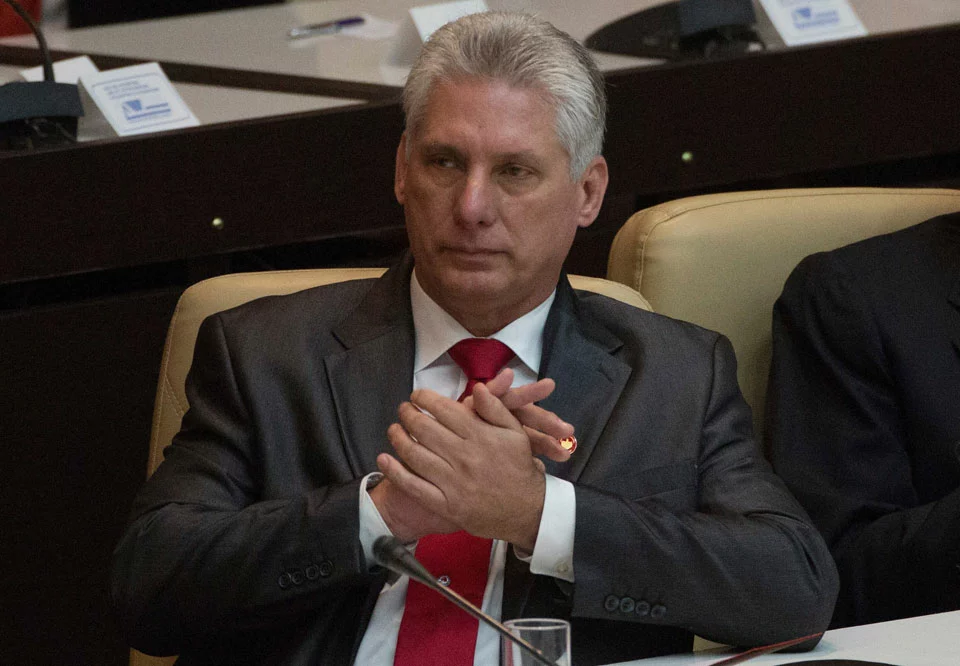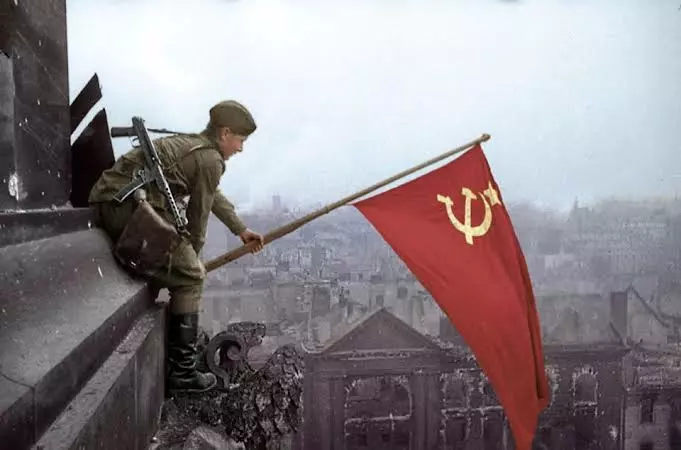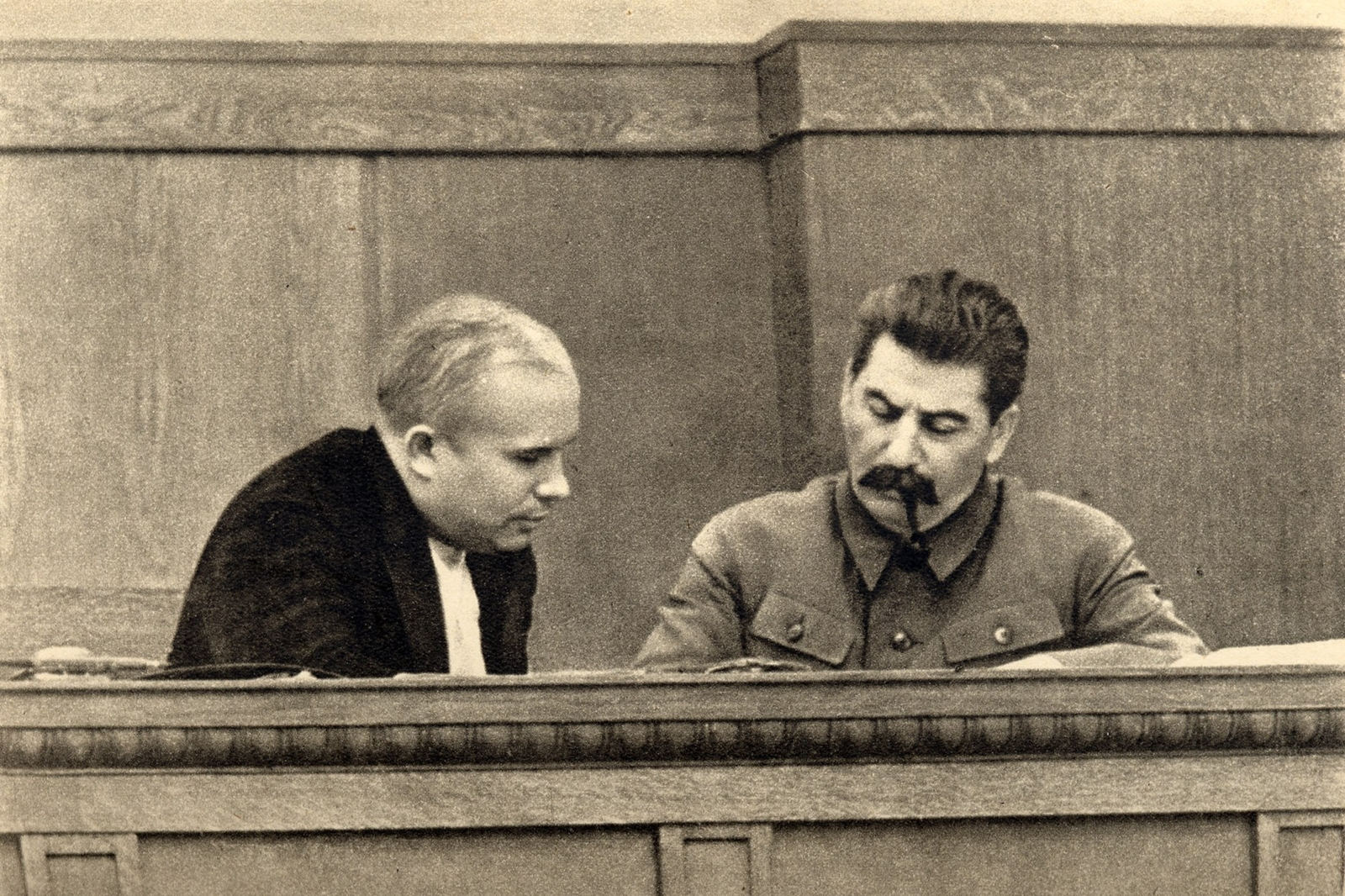The following essay comprises the text of a lecture given in July of 2022 at the Communist Party USA’s Little Red Schoolhouse, a yearly summer school based at the CPUSA headquarters in New York City.
Introduction
Historical materialism cannot be understood apart from dialectical materialism. Both “dialectics” and “materialism” of course are terms that far precede Marx and Engels, having their conceptual roots in the ancient world. While there is no one single origin of their conceptual emergence, it is undoubtedly the case that the ancient Greek world produced some of the most significant developments, and in part the origins, of these philosophical approaches to understanding the fundamental structures of social reality. At least for the development of modern European philosophy that formed the immediate context of the emergence of scientific socialism, the philosophical inheritance of ancient Greece weighs heavily. We will therefore begin this very schematic overview of aspects of dialectical and historical materialism with a look at some of the significant touchstones in ancient Greece before leaping over centuries to the intellectual context that gave rise to the scientific socialist analysis of Marx and Engels. We will look at Kant’s critical method before turning to Hegel, who had the greatest philosophical impact on the development of historical materialism through his systematic elaboration of the dialectical movement of analysis. We will then look at how historical materialism absorbed this movement and, rather than abstractly negating the form of idealism that it represents, absorbed the theoretical elements and set them to work on a field of materiality that the idealism of European Enlightenment philosophers were not able to see: that is, the field of class struggle and the realization of a new political and economic subjectivity to carry out the real and material negation of the conditions of exploitation that the newly-forming bourgeois class had brought into being. Marx and Engels, as is well known, claimed to have set the dialectical method on its feet where it had previously been standing on its head. To accomplish this inversion—or in Hegelian language, sublation—of the dialectical philosophy that from the ancient world to Hegel had been the reigning form of analysis, required not just an abstract theoretical reframing of dialectics, but a new form of practice and relation to material reality. Philosophical materialism is of course as old as dialectical idealism, the two often being opposed to each other. With Marx and Engels, however, this opposition is in many significant respects overcome, not through a speculative movement of concepts as in Hegel, but through setting conceptual structures in service of the actual historical movement of overcoming the contradiction between classes, which for both Marx and Engels is not just a particular, contingent struggle, but the fundamental contradiction and motor of historical development, at least within the historical lineage that gave rise to capitalism. For our purposes here, the role of the development of natural science and philosophical materialism leading up to the 19th century will not be given great detail. We will stick mainly to an analysis of dialectics through an analysis of the Communist Manifesto and Engels’ Socialism: Scientific and Utopian. After looking at how historical materialism articulates itself in Marx and Engels, we will move to a consideration of Stalin’s Dialectical and Historical Materialism, which attempts to synthesize the Marxist-Leninist approach. From there, we will consider Mao’s contributions to the topic in his foundational texts On Practice and On Contradiction. Finally, we will close with a reflection on dialectical and historical materialism today, and how the Communist Party of the United States integrates the lineage of these teachings and forms of struggle.
Incipient ideas of materialism

Heraclitus
Born in Ephesus (near modern Kuşadası, Turkey) around 500 BCE, Heraclitus was one of the first known to have spoken of the eternal flux of the universe and the unity of opposites. The river within which one stands is both always different and the same. The person who stands in the river is both the same and different at each occasion of standing in the water. The world is continual flux, but it is only flux so long as all of what comes into being and passes away is fundamentally connected, is at basis one and undivided. Heraclitus is thus among the very first to teach the doctrine of the unity of opposites, and as such, the first to understand the logos, reason, as fundamentally dialectical. It is this understanding that Plato will develop through the figure of Socrates. With Heraclitus, there is a sense of wonder at how that which diverges belongs together. Waking and sleep, life and death. These fundamental experiences remain unthinkable in their unity, yet Heraclitus affirms that these must belong together, such that the most different, the most seemingly opposed form an essential unity. And so, the dialectical thinking of the unity of opposites and the differences within the same are first given pronouncement in the works of Heraclitus, of which there remain only scattered citations from longer texts which have vanished in the unfolding of time.
Plato
Plato, born in Athens around 429 and died in Athens 347 BCE, knew of Heraclitus, and undoubtedly read his work. The dialectical movement of Heraclitus is transmitted into Plato by way of Socrates, but unlike Heraclitus, Plato is more interested in what stays the same than in what changes. Both, however, develop their thinking from the space of a certain non-knowing, a suspension of immediate knowledge under the shadows of something much larger. Doubt for Plato by way of Socrates is the beginning of philosophy: a shadow, a beyond of what we think we know. Socrates begins with doubt, with the affirmation of his ignorance. Socrates poses the question of words, what they are and refer to; he poses the abstraction of words and the differences of views that can be contained within single words, single ideas. Socrates turned against the tradition within which he lived; he took the young men of Athens, the best and the brightest, and turned them against the gods. This is why he was eventually sentenced to death and accepted this death as the truth of his way of life. Socrates, though spending his life speaking against the traditions of the polis, ultimately accepts its judgment that he should be banned permanently from it through death. In his death, Socrates enacts the final contradiction of his life, his dialectical essence as the belonging together of opposites. Plato is trained in the dialectical games of the “old gadfly” as he was called, his teacher Socrates. Plato is 28 years old when Socrates drinks the hemlock. After Socrates’ death, Plato wanders the Mediterranean world for over a decade before returning to Athens. There is then born the Platonic dialogues, a form that had not existed previously, which mixed discourse and poetry.
The Republic is that work which represents in its most advanced forms the politics and morality of Plato. The question of justice, posed by Socrates, animates this dialogue, where various definitions are provided by his interlocuters. Questions of righteousness and power cannot simply be considered at an individual level, Socrates claims, but rather at the level of the city. There then follows an imaginative reconstruction of the ideal city-state. Socrates treats of a number of forms of state, showing the deficiencies of each. Democracy is presented as coming to ruins by an excess of democracy itself, where the unwise are able to rise to supreme power. The sophistry of these leaders, winning over the masses by verbal ruses, eventually rule over them. Plato presents here a certain dialectics of politics, where the forms of mediation turn around psychological notions of moderation and excess. Desire, emotion, and knowledge are the terms that Plato uses as the dialectical connective tissue explaining the movement of history. Plato, though considering justice through zooming out of the individual to consider the polis in its entirety, nevertheless uses concepts to describe historical change that are individual and psychological in nature. The dialectics of self and society are mediated by psychological abstractions, not by material relations. This can then be understood as the political idealism of Plato, who fixes an ideal point to which we must adjust ourselves, to arrive at eventually by way of correcting the interplay between the motive forces of desire, emotion, and knowledge. Only the rule by philosopher kings can bring about the proper interplay between these terms among the masses, leading them to political harmony. Only the philosopher, in Plato’s day, has mastered the art and knowledge of laws, in particular geometry, and so it is only he who is able to set the laws of states, taking account of all the proper measurements of things. When Plato’s disciple Dion brought Plato to Syracuse to be the main philosophical advisor to Dionysius I, however, the tyrant quickly took offense to his teachings and tried to have him assassinated, which Plato avoided by escaping, though in the process was sold as a slave in Aegina. And so, Plato, who taught that the philosopher by right was the sole one capable of commanding the masses, in fact nearly lost his life in the instance he came closest to fulfilling this role dreamed up in the dialogue of The Republic.
The dialectical movement that Plato describes throughout the writings of his we possess belong, in the final instance, to the realm of the individual and a worldview defined by a nearly boundless subjectivity that, by the force of its proper movement in contemplation of the Ideas with which it is infused, puts into motion the logos, the reason whose ceaseless movement returns to the same, difference returning to identity. The inclusion of the different within the same, as articulated by Heraclitus, becomes with Plato a doctrine of the eternal forms, where unity takes on a higher power and acts as the determinative moment in the self-differentiation of thought. The material world in this conception takes on an abstract character and ends up standing opposed to the unity of the forms of ideas. The problem of the relation of idea and thing, form and content, becomes the foundational problem which sets in motion the terrain on which centuries of debate and critique will unfold. Certainly, much can be said about the inheritance of Plato by the Neo-Platonist philosophers, Christian and Muslim scholastic philosophy, and the thinkers of the late Middle Ages and early Modernity. For our purposes, however, we will pass over this lineage so as to arrive at the context which concerns us, that of Marx and Engels. We will thus briefly look at the Kantian critical revolution, before turning to an analysis of Hegel.
Editor's Note:
The views and informations expressed in the article are solely those of the author and may or may not reflect the views of The International. We believe in providing a platform for a range of viewpoints from the left.
